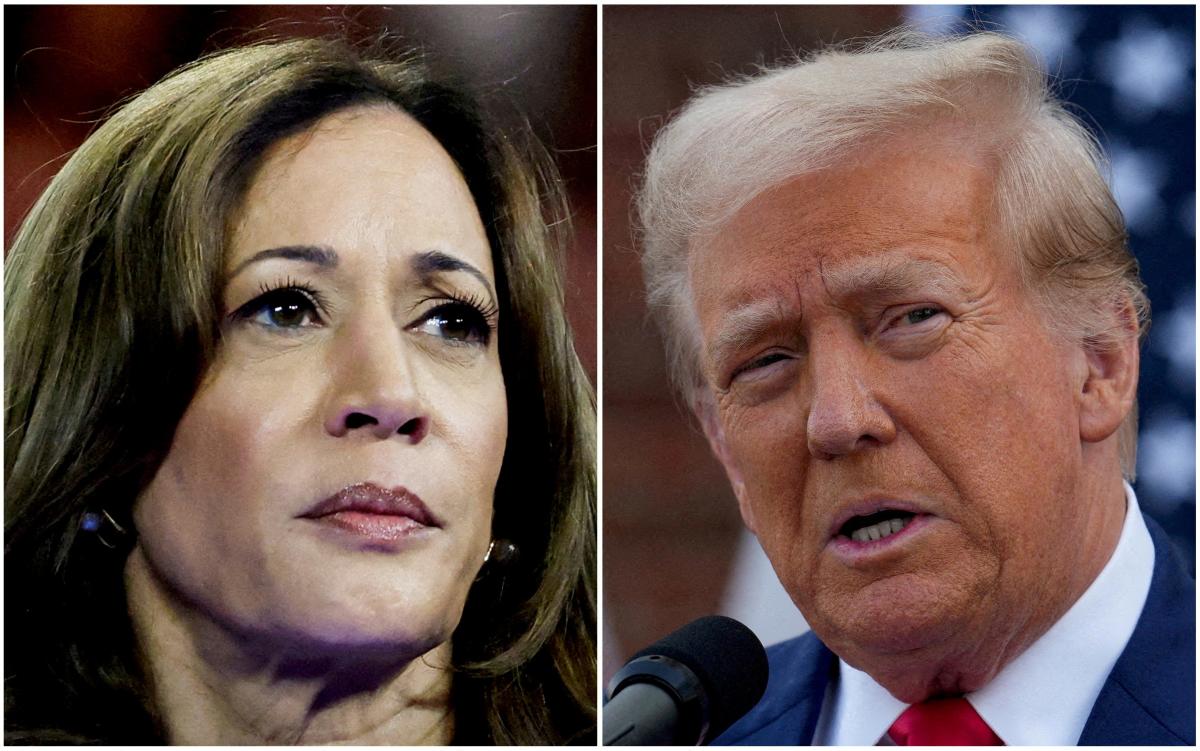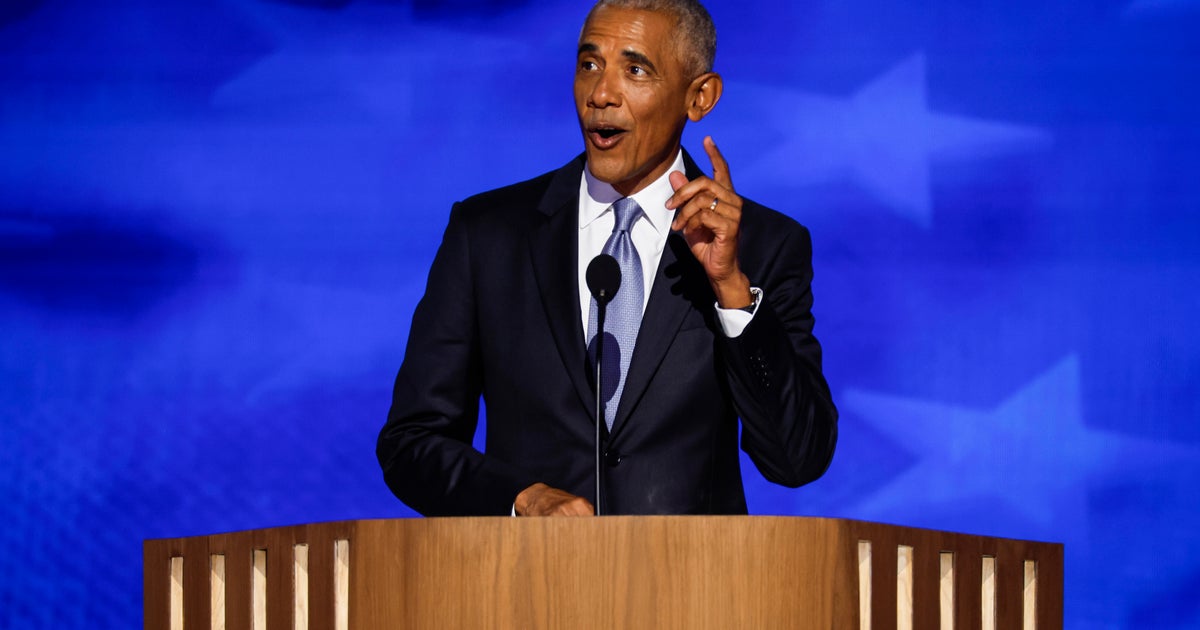Election Day is on Nov. 5, less than a month away. What’s not as obvious is when the results of the presidential race will be announced — and that depends on a variety of factors. Each state handles its elections differently, ranging from weeks-long early voting to strict voter ID laws.
What we do know is that both Republicans and Democrats are ramping up for a barrage of legal challenges between now and after the general election.

More: A flurry of lawsuits on state voting rules could influence 2024 election results
Anticipate delays in November
Since the last presidential election in 2020, many of the sweeping election laws and voting access changes made in response to the coronavirus pandemic have faced polarized legislatures and become a source of division.
Now, voters in crucial states like North Carolina face the aftermath of the devastating Hurricane Helene as early voting is less than a week away.
Other key swing states that Donald Trump and Kamala Harris are vying for, like Pennsylvania and Wisconsin, aren’t permitted to start processing absentee and mail-in ballots until Election Day, which is expected to slow down the count.


More: ‘Sounding the alarm’: Election officials warn postal delays could invalidate mailed ballots
Four days in 2020
The coronavirus pandemic in 2020 presented election officials and voters with a slew of new challenges.
States worked to expand access to voting while the country was reeling from the airborne virus and instituted or extended early voting and absentee ballots. This, in many ways, made it easier to vote for people who may not have had the time or means of getting to the polls beforehand, on top of the restrictions and fears during the pandemic.
Despite the often easier access to voting in 2020, counting these ballots was a different story.


In many states, early voting ballot counting could not start until Election Day, and others could start as early as 18 days, but results could not be disclosed until polls were closed.
In the 2020 election, the high number of voters (46%) using absentee or mail-in ballots led to millions of backlogged ballots nationwide, according to the Pew Research Center. This caused delays in reporting results in several swing states and provided an opportunity for Trump and his supporters to spread election fraud conspiracies.
It took four days for all of the votes to be counted, resulting in Joe Biden’s victory on Nov. 7.
2016: Quick and easy
The 2016 election was called in the early hours of the morning after Election Day for Trump.
The Associated Press made it official at around 2:30 a.m. ET on Nov. 9, 2016.
Take it to court: 2000 election
It took 35 days, the longest amount of time in modern history, to declare who won the 2000 presidential election, coming down to just 537 votes.
More: When was the longest election in modern US history?
The contest between Democrat Al Gore and Republican George W. Bush was marred by plenty of logistical voting issues, starting on Election Day 2000, Nov. 7. These included a faulty ballot design, “hanging chads,” allegations of miscounts, and court debates.
The case made its way up to the U.S. Supreme Court in a controversial 5-4 ruling that the Gore campaign had run out of time to propose any new recount plans due to the “safe harbor” clause in the United States Code. That meant that the case ended Dec. 12, exactly five weeks after Election Day 2000.
It still remains a contentious election to this day — determined by a difference of 537 votes.
— Sam Woodward is the Minnesota elections reporting fellow for USA TODAY focusing on Minnesota Gov. Tim Walz’s candidacy. You can reach her at[email protected].
This article originally appeared on USA TODAY: How long do election results take? What to know for 2024














